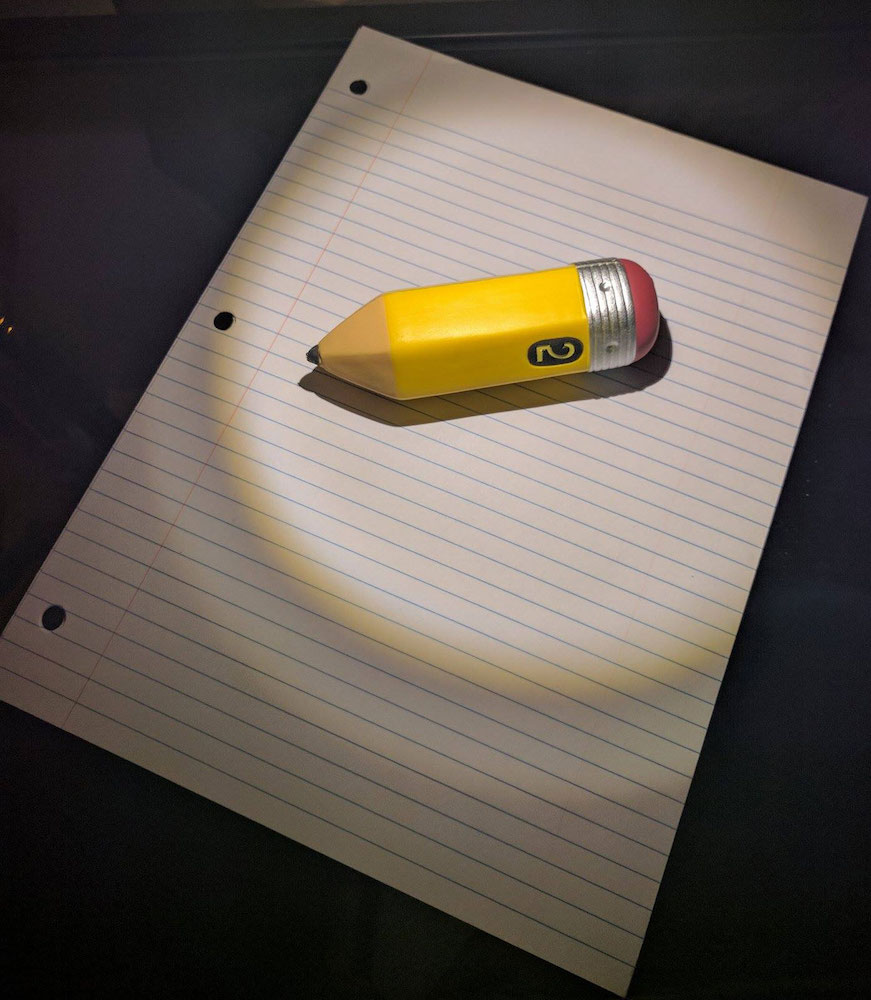For my four years as an undergraduate, I worked as a tutor at my university’s writing center. Although I didn’t realize it at the time, this is what set me on the path to editing. As I approach graduation, I think back to what sent me here, and I came to realize how my tutoring background and training still very much inform who I’ve become as an editor.
Here are three of the biggest lessons I still carry with me from my tutoring days:
1. Ask open-ended questions.
The big motivation behind this piece of advice is that we wanted to avoid being too directive as tutors. Asking open-ended questions allows for the writer to find the solution to an issue with just the slightest bit of guidance from you. This method works in editing as well because, although you can (and should) provide solutions as an editor, often the author knows best what can remedy a particular gap in their story. Asking open-ended questions about a problem you see gets them to think about the issue and come up with their own way to work toward the solution that best fits their work.
2. Don’t take ownership away from the writer.
One way we did this during our in-person sessions was to avoid taking the pencil away from the writer and to refrain from making our own marks on their paper. While this doesn’t directly translate to working with an author—since most of the work is done remotely/electronically and you have to make comments directly on the manuscript in many cases—the lesson still carries through for me. Instead of just changing something where I might be required to insert my own voice, I’m more likely to query it, leaving the ball in their court and giving them the decision of what changes should be made. In this way, I remain more of a guide for the author than a person who is taking the author’s work away from them and inserting my own words. The author remains the one in control, the one making the big decisions.
3. Strive to make a better writer, not better writing.
Often, the goal of editing is to get a manuscript to its best possible form, so sometimes the author as a person may get a little lost in this process. It serves to build rapport if the author knows you’re focused on the relationship with them just as much as you are on the manuscript. You’re involved in a collaborative effort to make not only the manuscript better but the author, too. For more seasoned authors, “making a better writer” may not be as big of a goal, but they still need to know you’re there for them and not just their product. For this, I try to impress on the author that I’m there for them every step of the way—if they have questions about my suggested edits, they want to run an idea by me, or any other need they may have.
In working with beginning writers, I’ve gained invaluable skills that have improved my relationships in working with authors. By no means are tutoring college-level writing and editing professional manuscripts the same thing. There are many differences, but there are also small lessons that are shared between the two. At their core, both kinds of work have to do with empowering the writer and establishing a relationship with them, and this is something I value doing in all my editorial work.

